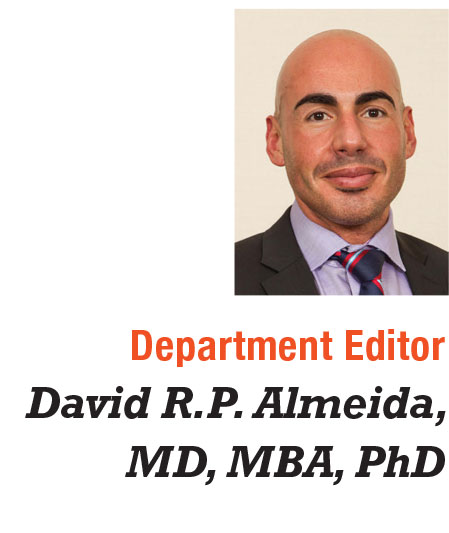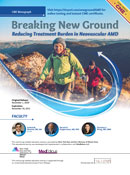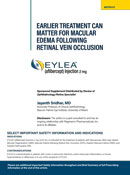 |
|
Bio Dr. Almeida is a vitreoretinal surgeon at Erie Retinal Surgery in Erie, Pa. DISCLOSURES: Dr. Almeida reports financial relationships with Acylerin, Alcon, Alimera Sciences, Allergan/AbbVie, Bausch + Lomb, Bayer, Boehringer Ingelheim, Citrus Therapeutics, Clinical Trials Network, EyePoint Pharmaceuticals, Genentech/Roche, Gyroscope Therapeutics, Novartis, Opthea, Regeneron Pharmaceuticals, RegenxBio, Samsara Vision and Spherix Consulting Group. Twitter: @davidalmeidamd Email: [email protected] |
The scientific consensus on the anthropogenic cause of climate change is overwhelming and undeniable. However, climate change perceptions interact with how climate change is portrayed in the news, which is now increasingly accessed via social media platforms.1
As we have assayed here in “Social Media Specialist” previously, social media has the potential to be a significant means of effective knowledge translation. But, at their worst, social media platforms turn into ideological echo chambers where falsehoods can’t be set straight.
The confluence of cognitive biases (systematic errors in thinking that stem from the propensity of mental shortcuts), social bias (tendency to trust information that comes from those with whom you identify over information from other sources) and algorithmic bias (inherent in social media platforms) can distort accurate information into incomprehensible opinion.
Pollution and health outcomes
The World Health Organization estimates that roughly 7 million people die yearly from “exposure to fine particles in polluted air.”2 That’s double the number of people who died globally from COVID-19 in 2020.
The proximate health consequences of pollution—pneumonia, stroke and heart disease—are responsible for massive economic costs of nearly $3 trillion annually.1 When the best evidence declares “no safe level of air pollution,” interventions to improve health outcomes necessitate plans to mitigate the polluting effects of climate change.3
 |
Accessing health outcomes
There’s no doubt that climate change, pollution, medicine, ophthalmology and social media are disparate subjects. Still, they’re sympatico regarding accessing the best possible health outcomes for individuals and communities.
Social media is an arena where we can advocate for climate change protections as an indirect access point in limiting the negative effects of pollution on the health of our patients. RS
REFERENCES
1. Tuitjer J, Dirksmeier P. Social media and perceived climate change efficacy: A European comparison. Digital Geography and Society. 2021;2:100018.
2. Osseiran N, Lindmeier C. World Health Organization releases new global air pollution data. Updated May 2, 2018. Available at: https://tiny.one/2p8dpaz7. Accessed November 7, 2022.
3. Zhao B, Johnston FH, Salimi F, Kurabayashi M, Negishi K. Short-term exposure to ambient fine particulate matter and out-of-hospital cardiac arrest: A nationwide case-crossover study in Japan. Lancet Planet Health. 2020;4:e15-e23.



